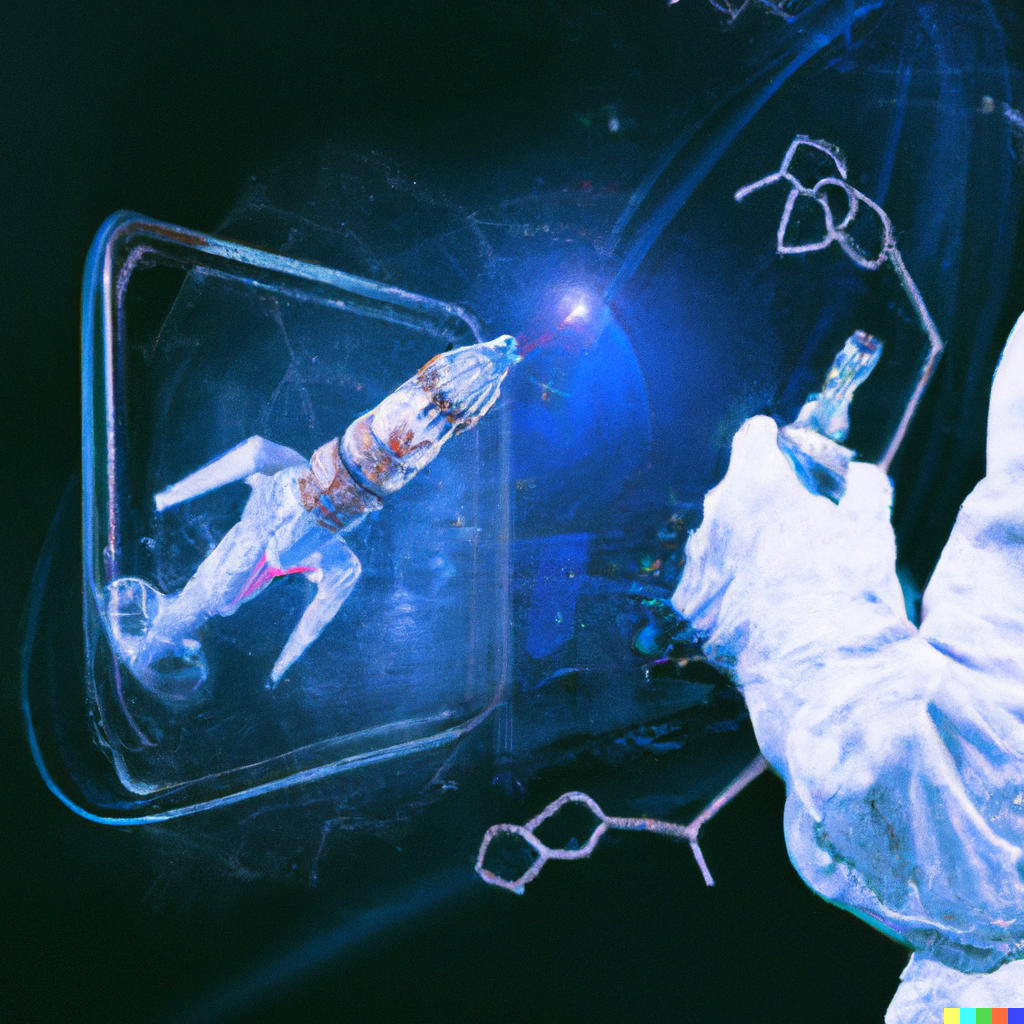
Medicine 5.0 and The Future of Medicine
Medicine 5.0 and The Future of Medicine By Emina Arcan, MBA, BSN, RN

Introduction: Medicine has come a long way since its inception, evolving from traditional medicine to evidence-based medicine and now to what is known as Medicine 5.0. The evolution of medicine is marked by the development of new technologies and advancements in healthcare, which have led to better health outcomes for patients. Medicine 5.0 is the latest and most innovative phase of this evolution and is set to revolutionize the way medicine is practiced and healthcare is delivered.
History of Medicine: The evolution of medicine started with traditional medicine, which was based on folklore, myths, and superstitions. This was followed by evidence-based medicine, which was introduced in the 19th century and is based on scientific evidence and research. The introduction of evidence-based medicine marked a significant turning point in the history of medicine, as it resulted in the development of many life-saving treatments and procedures. The advent of the digital age brought about the third phase of medicine, known as e-medicine or digital medicine, which involved the use of digital technologies to support and improve healthcare delivery.
Medicine 5.0: Medicine 5.0 represents the next step in the evolution of medicine. It is characterized by the integration of cutting-edge technologies such as artificial intelligence, machine learning, the internet of things, and blockchain technology. The aim of Medicine 5.0 is to create a more patient-centered and personalized approach to healthcare, with a focus on empowering patients to take control of their own health and well-being. This will be achieved through the use of big data, predictive analytics, and other advanced technologies that will enable healthcare providers to deliver care in a more efficient, effective, and cost-effective manner.
Implications of Medicine 5.0: The implications of Medicine 5.0 for healthcare providers and patients are numerous. For healthcare providers, it will enable them to deliver care in a more efficient and effective manner, with improved patient outcomes as a result. For patients, it will provide them with greater access to information and resources, allowing them to take control of their own health and well-being. Additionally, Medicine 5.0 will also have a significant impact on the healthcare industry, with the potential to revolutionize the way medicine is practiced and healthcare is delivered.
Conclusion: In conclusion, Medicine 5.0 represents a major milestone in the evolution of medicine and healthcare. The integration of cutting-edge technologies such as artificial intelligence, machine learning, and the internet of things, will enable healthcare providers to deliver care in a more efficient, effective, and cost-effective manner, while empowering patients to take control of their own health and well-being. The future of medicine is bright and we can expect to see many exciting developments in the years to come.


2 Comments
Enjoyed this but what about the Ancient Greeks ( Hippocrates et al) ; the highly talented 16th Century anatomist Vesalius who “ mapped” the human body , noticed the vascular system and deduced circulation;
Visit London sometime and the Royal Collge of Physicians museum, the Hunteriian Museum at the RCSurgeons. More easily-take virtual tours !
Thank you for your comment and for highlighting the significant contributions made by ancient Greeks and 16th century anatomist Vesalius in the field of medicine. Their work laid the foundation for the modern medical practices we have today, and it’s important to acknowledge and appreciate their discoveries.
I will definitely keep in mind your recommendations to visit the Royal College of Physicians museum and the Hunterian Museum at the RCSurgeons, as well as take virtual tours. It’s always fascinating to see the historical artifacts and exhibits that showcase the evolution of medicine throughout the years.
Thank you again for sharing your insights and for reminding us of the rich history behind the medical profession.